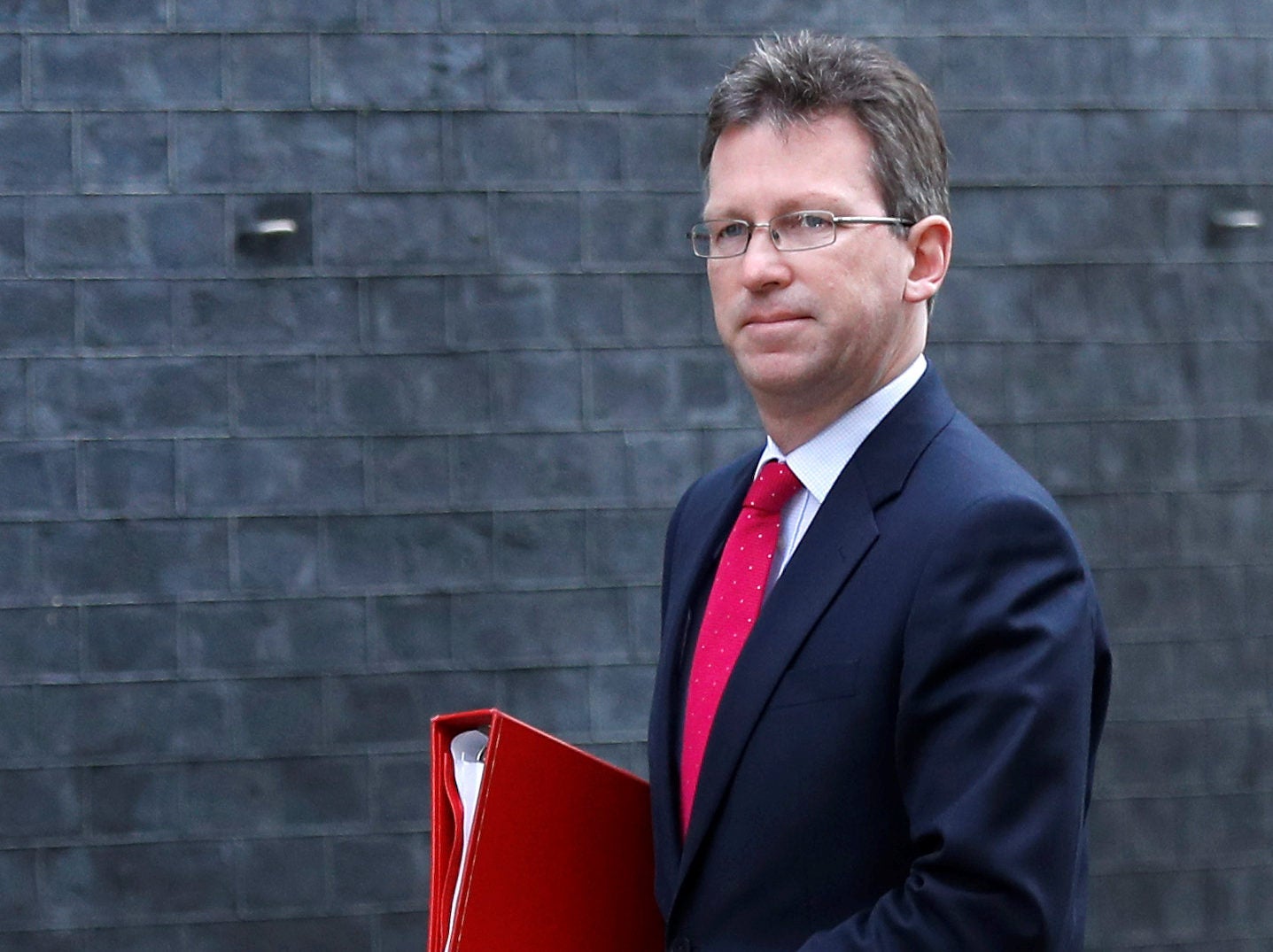
The Culture Secretary has pushed for new online safety laws, including a regulator to oversee a new code of conduct for social media firms, to be introduced in the next parliamentary session.
Jeremy Wright told MPs today that he aimed to bring forward legislation for a “duty of care” code, to be upheld by an independent regulator, which was set out in the Government’s Online Harms White Paper in April.
Speaking to the Digital, Culture, Media and Sport Committee this afternoon, Wright Wright told MPs he wanted to “get on” with implementing the proposed new legislation.
He added: “There is a sense of urgency to this. So the intention – and I have bid for this – is that we should bring forward legislation in the next parliamentary session.”
The next parliamentary session will begin after the summer recess.
New online safety laws proposed in the White Paper would require all companies that allow users to “share or discover user-generated content or interact with each other online” to take tackle illegal and harmful activity on their platforms.
An independent regulator will oversee the new laws, including ensuring social media firms publish transparency reports on the amount of harmful content that has appeared on their platforms.
The Government is still consulting on whether this regulator should be a new body or if the remit of an existing watchdog, such as Ofcom, should be expanded.
The Government’s response to the findings of the DCMS Committee 18-month inquiry into fake news and disinformation was also released today.
In it, the Government said it was committed to ensuring the newly proposed online regulator “has sufficient resources” and expertise to perform its role effectively.
It said the regulator will be funded by industry in the medium term, with “suitable funding models, including a levy to put the regulator on a sustainable footing” in consideration.
It also gave an indication of how complaints would be dealt with under the proposed regulatory framework, with a right to complain to a regulated company and appeal the decision, then push this up either to the regulator or an “industry-led scheme or body” via a “super complaints route”.
It said this last stage is still being consulted on.
The DCMS fake news inquiry also called for the Government to make a statement about how many investigations are currently being carried out into Russian interference in UK politics.
In response to this, the Government said: “There is no evidence of successful foreign interference in UK democratic processes, this includes the 2016 referendum and the 2017 general election.”
In addition, the Government said:
- It will respond to the Furman Review’s recommendations later this year
- It is still considering recommendations made in the Cairncross Review and “will look to take action where appropriate”
- Political candidates, parties and campaigners will be required to brand digital election materials, under the new online safety laws
- Any move to zero-rate VAT for digital news publications is a matter for the Chancellor of the Exchequer
The Online Harms White Paper was published in April this year, setting out a regulatory framework for internet safety and penalties that could be brought against firms that failed to comply with new rules.
A 12-week consultation on the White Paper’s proposals is still ongoing.
Picture: Reuters/Peter Nicholls
Email pged@pressgazette.co.uk to point out mistakes, provide story tips or send in a letter for publication on our "Letters Page" blog
